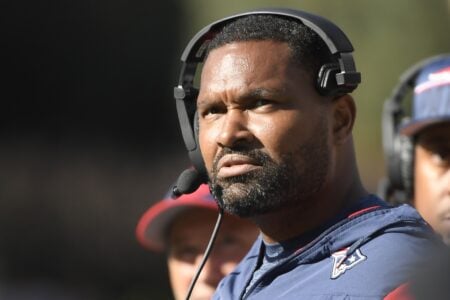Andy, it's clear that I know more about this than do you. It's clear because you've been wrong time and again. Now, as I stated, and you seem to be ignoring, your claim was incorrect. The reason why is simple, and it could be seen all the way back in 2006, when the CBA was extended:
NFL owners approve six-year CBA extension - NFL - ESPN
Now, again referring to your initial words:
Now, if you can't get a handle on how lower teams having to pay more of their money to make payments as the cap goes higher, and how that would put them in position to either sacrifice profits or spend less money (AFFECTING PLAYERS), I don't know what to tell you.
If you can't see how such a situation has led to some teams claiming that the increase in expenses if outrunning revenues, when high end teams will be putting in hundreds of millions of extra dollars into the cap number because of local revenues, while still forcing lower end teams to pay according to the cap, I don't know what to tell you.
Then again, given your insistence that Green Bay is not a nonprofit, pretty much nothing you post on this issue is either surprising or worthwhile. Therefore, I'm done with you. Back to the land of ignore.


















